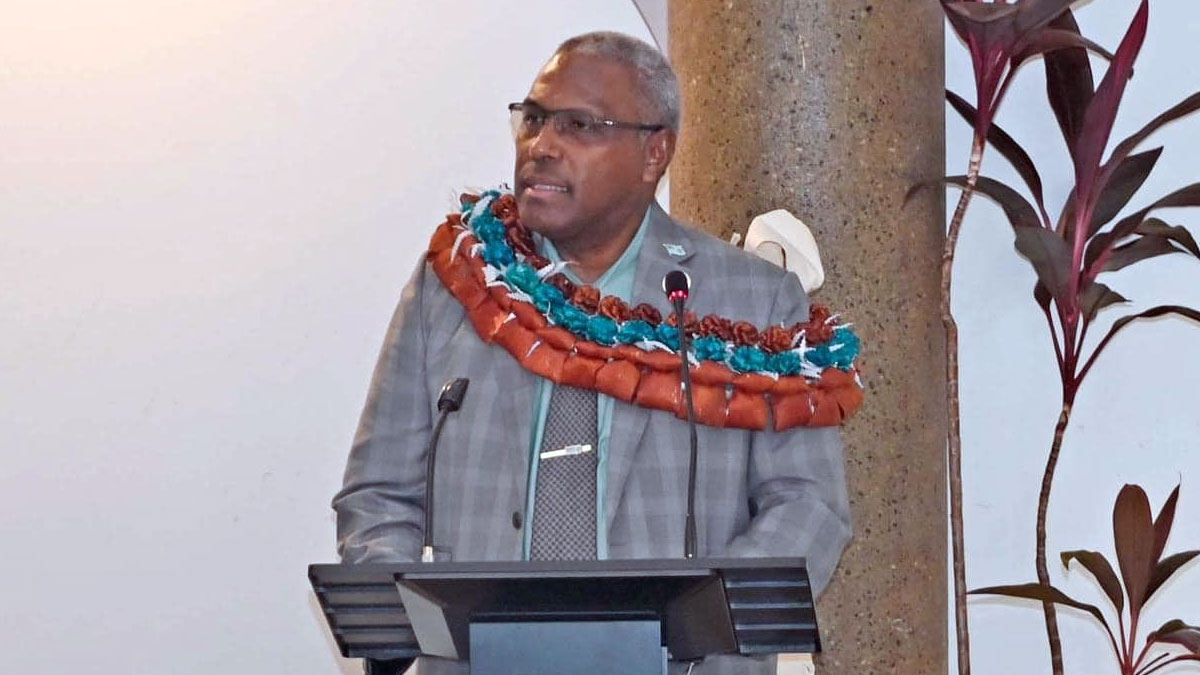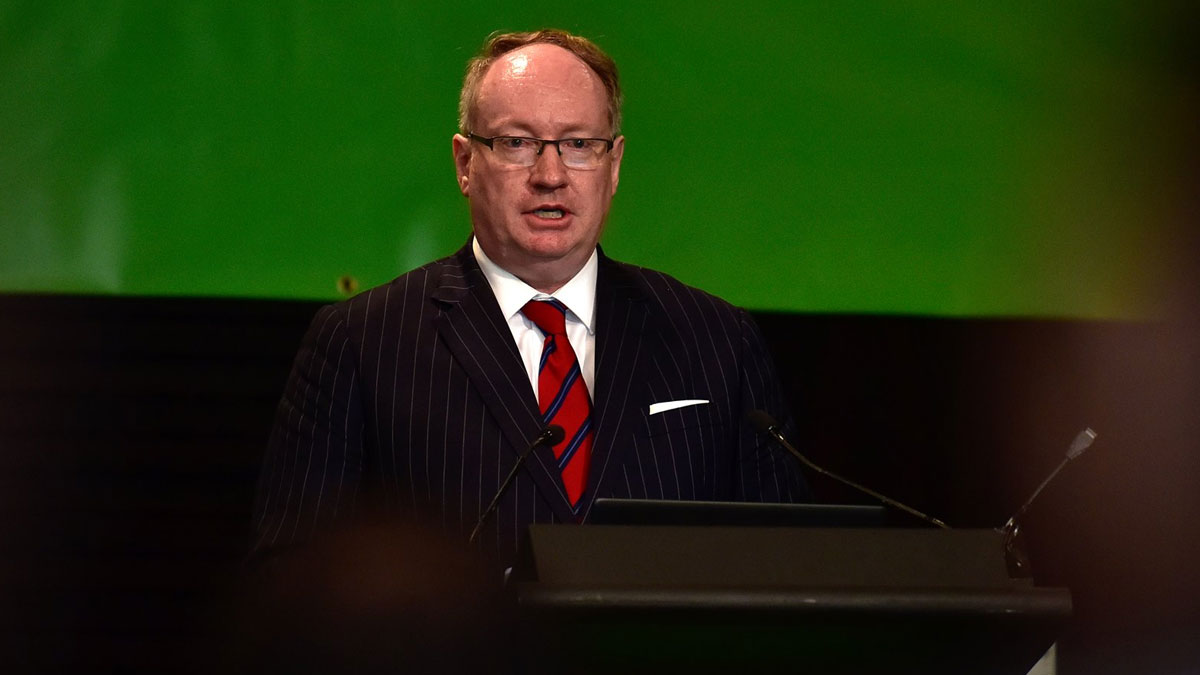
Attorney-General and Minister for Justice Siromi Turaga is appealing to traditional leaders, community leaders and inter-faith-based organizations to join the Government's efforts in its war against drugs.
While speaking at the opening of the Fiji Human Rights and Anti-Discrimination Commission regional office in Lautoka, Turaga says we cannot ignore the fact that we are living in a highly competitive world today, with extraordinary technological progress, and globalization, which has contributed to growing social injustices and economic inequalities amongst our people and putting our island nation at high risk.
He says we recently unveiled one of the biggest drug seizures ever, which is becoming widespread and affecting many families and our children.
The Attorney-General says drugs and substance abuse lead to violation of a child's rights, and the UN Convention on the Rights of the Child (CRC) stands alone among the core UN human rights treaties in setting out a human right to protection from drugs.
He adds Article 33 of the UN Convention on the Rights of the Child states that ‘States Parties shall take all appropriate measures, including legislative, administrative, social and educational measures, to protect children from the illicit use of narcotic drugs and psychotropic substances as defined in the relevant international treaties, and to prevent the use of children in the illicit production and trafficking of such substances.
The Attorney-General says while the Government is focused on ensuring that children, women, the elderly, and the diverse vulnerable groups, which include persons with disabilities, have access to basic social protection and are safe in their homes, schools and workplaces, he calls on key stakeholders to assist them in identifying the most vulnerable who may be experiencing human rights violations in their homes, schools or any other place – to report those violations to the right agency so help can be afforded to the victims and the perpetrators brought to justice.
Turaga says the Commission has also been working in the area of climate change, and he has been informed that the Commission had engaged in a public consultation last year, scoping study across 8 out of the 14 provinces, visiting 27 villages, and interviewing 185 residents.
He further says this study provided valuable insights into the pressing challenges faced by these communities in the context of climate change and its impact on their human rights.
The AG says the public consultation also provided the Commission with an educational opportunity to advocate greater awareness of rights to a healthy environment, safe home and sanitation, clean drinking water and food, education, economic independence, and access to transportation.
He adds this project was funded by the Asia Pacific Forum of National Human Rights Institutions, and this work will continue through state funding.
He further adds that some funds were allocated in the last national budget for the Commission to continue with its work in the area of climate change.
Speaking on the opening of the new regional office, Turaga says this new office will enable the public, including the vulnerable groups, to reach out to the Commission in person, seek advice or lodge their complaints on discrimination or violation of their rights and freedoms under the Constitution.
He says this new office also means greater accessibility for not just members of the public but also for civil servants working at sub-national levels, statutory bodies, civil society and community-based organizations, having access to the Commission’s services.
Turaga further says this initiative by the Commission fundamentally aligns well with the vision of the People’s Coalition Government’s approach to leaving no one behind through social inclusion and rights-based development, focusing on increased awareness of rights, access to basic social protection services and ensuring State–based institutions build capacity to better understand and promote human rights as they dispense their mandate.
The Attorney-General says in Fiji, there is still a need to create more awareness of human rights values, particularly in the remote, rural and maritime areas. Our traditional and religious leaders are vital in the dissemination and instilling of human rights values in people, particularly, our children and the youths.
He adds human rights education can begin in the homes, in communities, in villages, schools, workplaces and through robust debates in the Parliament and through public discourses in media.
Stay tuned for the latest news on our radio stations


